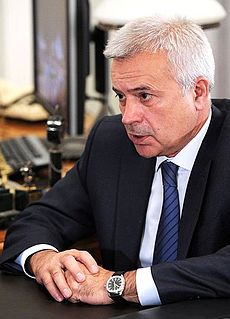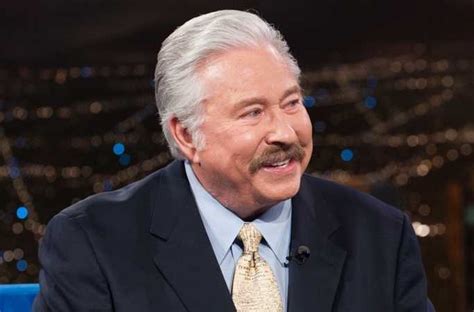A Quote by Thomas Friedman
I don't think we replaced the Soviet Union with Al Qaida. I think we replaced, we should have, Soviet Union with the merger of globalization and the IT revolution. I think it's that. That is the real challenge that we face today. Unlike the Soviet Union, it has no face, it has no missiles, but it is something that challenges every job, every city and every community.
Related Quotes
This much I would say: Socialism has failed all over the world. In the eighties, I would hear every day that there is no inflation in the Soviet Union, there is no poverty in the Soviet Union, there is no unemployment in the Soviet Union. And now we find that, due to Socialism, there is no Soviet Union!
The first year I was in office, only about 800 people came out of the Soviet Union, Jews. By the third year I was in office... second year, 1979, 51,000 came out of the Soviet Union. And every one of the human rights heroes - I'll use the word - who have come out of the Soviet Union, have said it was a turning point in their lives, and not only in the Soviet Union but also in places like Czechoslovakia and Hungary and Poland [they] saw this human rights policy of mine as being a great boost to the present democracy and freedom that they enjoy.
When you think of power, you think the state has power. When you look at it in terms of revolution, in terms of the state, you think of it in terms of Russia, the Soviet Union, and how those who struggled for power actually became victims of the state, prisoners of the state, and how that led to the dissolution of the Soviet Union. We have to think of revolution much more in terms of transitions from one epoch to another. Talk about Paleolithic and Neolithic.
When you think of power, you think the state has power. When you look at it in terms of revolution, in terms of the state, you think of it in terms of Russia, the Soviet Union, and how those who struggled for power actually became victims of the state, prisoners of the state, and how that led to the dissolution of the Soviet Union. We have to think of revolution much more in terms of transitions from one epoch to another.
Women are the most denigrated social group in the Soviet Union. The idea of women's emancipation is only a slogan in - but also, I should say, in many places outside - the Soviet Union. But especially in the militaristic Soviet society, people only thought of life in terms of struggle and the workers' toil.
Back in 1956, we signed a treaty and surprisingly it was ratified both by the Supreme Soviet of the Soviet Union and the Japanese Parliament. But then Japan refused to implement it and after that the Soviet Union also, so to say, nullified all the agreements reached within the framework of the treaty.































